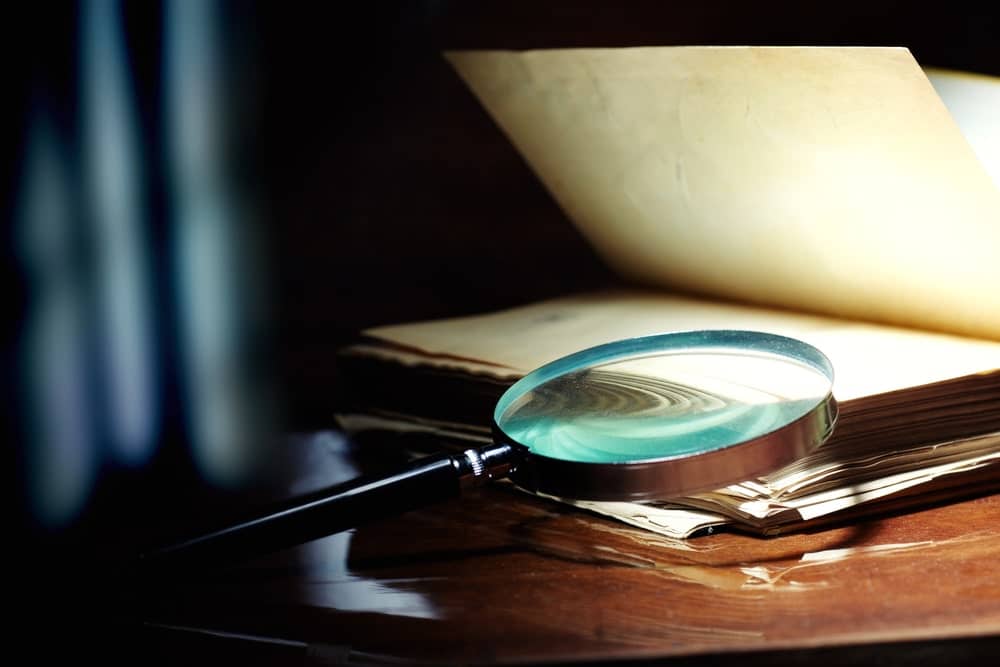Unverified property ownership records can expose organizations to serious financial and legal risks. Verified ownership data confirms vendor legitimacy, prevents fraud, and supports compliance reviews that protect long-term stability. Without proper verification, even trusted partnerships can result in costly disputes, financial losses, and reputational damage.
Accurate ownership verification safeguards institutions from liability and fraudulent transfers. It ensures that every asset, contract, and transaction is based on documented and verifiable information. These checks are vital for maintaining operational integrity, building trust, and reducing exposure to financial misconduct.
Under the Washington Public Records Act (RCW 42.56), many property-related documents are publicly accessible to promote transparency. A Seattle private investigator can lawfully obtain non-confidential property data while respecting privacy exemptions and disclosure limits. This balance between access and discretion allows organizations to verify property ownership responsibly and in full compliance with Washington law.

What Property Ownership Records Reveal
Core Record Types
Property ownership records form the foundation of financial due diligence and risk assessment. Deeds, mortgages, liens, plats, and tax assessments outline legal ownership, encumbrances, and the full transfer history of a property. Each document lists parcel numbers, legal descriptions, and recording details that establish lawful control and help confirm whether a party truly owns the asset in question.
Financial & Legal Indicators
Once ownership is confirmed, related records reveal a property’s financial standing and legal health. Liens, unpaid taxes, and court judgments highlight outstanding obligations or potential claims against the asset. Mortgage filings and reconveyances indicate whether the property is leveraged, released, or facing foreclosure, helping organizations assess both stability and risk before any transaction or partnership.
Ownership History & Chain of Title
Examining the chronological chain of deeds allows investigators to confirm that ownership transfers were properly recorded and legally sound. Missing documents, irregular filings, or duplicate conveyances may indicate fraudulent activity or hidden ownership interests. Verifying a complete and unbroken chain of title provides confidence in the legitimacy of ownership and prevents costly disputes later on.
Compliance Value for Institutions
Accurate property data reinforces institutional credibility and financial integrity. By confirming that a vendor, lessor, or business partner legitimately owns or controls an asset, organizations can prevent fraudulent transactions and contract violations. Verified documentation also helps protect against loss, legal disputes, and reputational harm by ensuring that all assets and agreements are backed by lawful ownership evidence.
Legal Foundation for Recording & Priority (RCW 65.08)
How Recording Creates Legal Notice
Under RCW 65.08, recorded deeds, liens, and mortgages provide constructive public notice of ownership and determine claim priority. Recording ensures that property transactions remain transparent and legally enforceable, protecting both buyers and lenders from conflicting claims. This process establishes clear ownership rights and prevents unrecorded or duplicate deeds from challenging valid property interests.
Investigator Application
Private investigators examine recording timestamps, document numbers, and filing sequences to reconstruct a property’s ownership timeline. By reviewing the order and content of these filings, investigators can identify hidden liens, irregular transfers, or missing documents that could affect ownership rights. A private investigator uses these findings to confirm title accuracy and support clients in compliance audits, litigation, and asset recovery.

How Investigators Locate and Verify Property Ownership Records
Key Record Sources
To confirm ownership and ensure the accuracy of property information, investigators access multiple public databases. County recorder and auditor offices provide deeds, liens, and mortgages that establish the legal chain of title, while assessor and treasurer offices supply valuation and tax data. Additional sources, such as the Secretary of State’s corporate filings and county GIS systems reveal links between properties, LLCs, and trust structures that may obscure true ownership.
Investigative Workflow
Professional investigators use a systematic process to cross-verify records across multiple county and state databases. Ownership is traced through corporate filings, family trusts, or layered business entities to identify concealed or irregular transactions. Each verified finding is documented with certified copies, timestamps, and a defensible audit trail that can withstand scrutiny in compliance reviews or court proceedings.
Compliance & Professional Licensing
Licensing Under RCW 18.165
Professional licensing is the foundation of lawful investigative practice in Washington State.
- Under the Washington Private Investigator Act (RCW 18.165), investigators must hold an active state license and meet strict professional standards.
- Licensing ensures lawful access to public records, verifies credentials, and establishes accountability through the Department of Licensing.
- Clients gain confidence knowing all work complies with clearly defined legal and ethical boundaries.
Ethical Standards and Accountability
- Licensed investigators must avoid deception, misrepresentation, and unauthorized access to confidential data.
- All reports must rely on verifiable sources and be presented with full transparency.
- Violations can lead to disciplinary action, suspension, or permanent revocation, reinforcing ethical diligence in every case.
Data Use and Privacy Safeguards
Compliance extends to data handling and confidentiality.
- Information is used only for lawful purposes such as litigation support, compliance checks, or risk assessment.
- Secure storage and record retention keep findings admissible and confidential under Washington privacy laws.
Institutional Compliance Integration
Private investigators often collaborate with legal and compliance teams.
- Reports are structured for audit systems, legal filings, and board-level reviews.
- This partnership enhances transparency and supports defensible, evidence-based decisions.

When to Hire a Private Investigator
During Corporate or Vendor Due Diligence
Before signing contracts or entering partnerships, organizations often require an independent review of ownership and background data. Professional verification helps detect misrepresented assets, undisclosed liens, or unregistered entities that could jeopardize future agreements. Investigative due diligence provides reliable and transparent findings that support compliance and risk management.
When Property Ownership Appears Unclear
If property records contain gaps, inconsistencies, or overlapping claims, a professional investigation can clarify ownership. Licensed investigators trace title histories, identify alias owners, and uncover concealed transfers through LLCs or family trusts. Their findings help clients confirm who truly controls a property, preventing potential legal or financial complications.
For Litigation, Recovery, or Audit Support
Law firms, corporations, and compliance teams depend on verified property records when preparing cases or audits. Certified documents and investigator reports provide admissible evidence that strengthens legal claims and recovery actions. Properly documented findings preserve factual accuracy and consistency throughout every stage of the review process.
For Institutional Risk Management
Organizations use property ownership verification to identify fraud, confirm asset legitimacy, and assess potential financial exposure. Independent verification ensures that business decisions are based on reliable data and compliant with regulatory standards. These proactive measures protect institutions from loss while reinforcing transparency and public trust.
Conclusion
Transparent access, accurate documentation, and strict legal compliance form the foundation of effective property ownership verification. Each confirmed record enhances institutional accountability, reduces uncertainty, and supports informed decision-making. Reliable verification ensures that findings align with Washington’s legal standards and ethical investigation practices.
Verified ownership information also strengthens due diligence, vendor assessments, and real-estate compliance programs. By maintaining lawful data access and professional investigative procedures, organizations can reduce the risk of fraud, protect their reputation, and build confidence in every transaction.
At KCA Investigations, our licensed Seattle private investigators provide accurate, compliant, and court-ready property ownership verification. Contact us today at (971) 804-8993 to speak with a licensed investigator. Protect your business with reliable documentation and make every decision backed by verified evidence.
